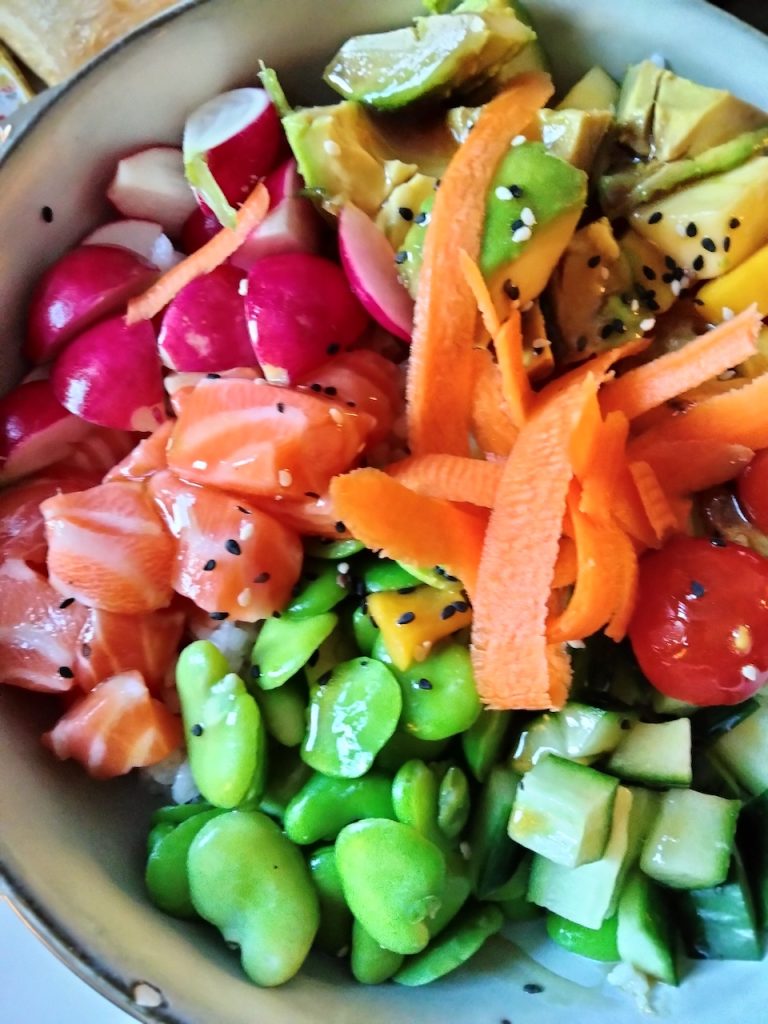Breakfast for Better Health
For breakfast eaters and skippers alike…there are so many healthy options for breakfast, small to hearty. Why eat breakfast at all? According to a meta-analysis of research studies published in the journal ‘Obesity Research & Clinical Practice’ in 2020, skipping breakfast is associated with overweight/obesity and skipping breakfast increases the risk of becoming overweight/obese.
Results are consistent. Breakfast eaters have a decreased risk of mortality from cardiovascular disease. Breakfast eaters typically enjoy higher energy levels throughout the day as well as cognitive performance.
In fact, research also shows that healthy adults that eat breakfast have an advantage over breakfast skippers in terms of memory (especially with delayed recall). Similar benefits were seen in breakfast eaters in the areas of attention span/attentiveness, motor function and decision making.
5 Creative breakfast suggestions
1. Hot bulgur: cook bulgur according to package directions (much like oatmeal and other whole grains). Serve with 1/4 chopped apple, 1 TB raisins or currants and chopped pecans as well as a small amount of maple syrup (try 1o-2 tsps first) and 1/3 cup hot milk. Sprinkle with cinnamon.
2. Whole wheat toast with 1 TB peanut butter and sliced banana
3. A smoothie, try blending frozen/fresh fruit with Greek yogurt and a splash of milk
4. Fried egg with Canadian bacon or turkey bacon on a whole-wheat English muffin. Top with fresh spinach or arugula.
5. Breakfast Fruit Wrap: Top a medium-sized whole-wheat or corn tortilla with 2 tsp all-fruit preserves, 2 TB reduced-fat ricotta cheese, 1/3 to 1/2 cup sliced strawberries and 2 TB toasted almonds. Roll up, tucking in the tortilla at the sides.









